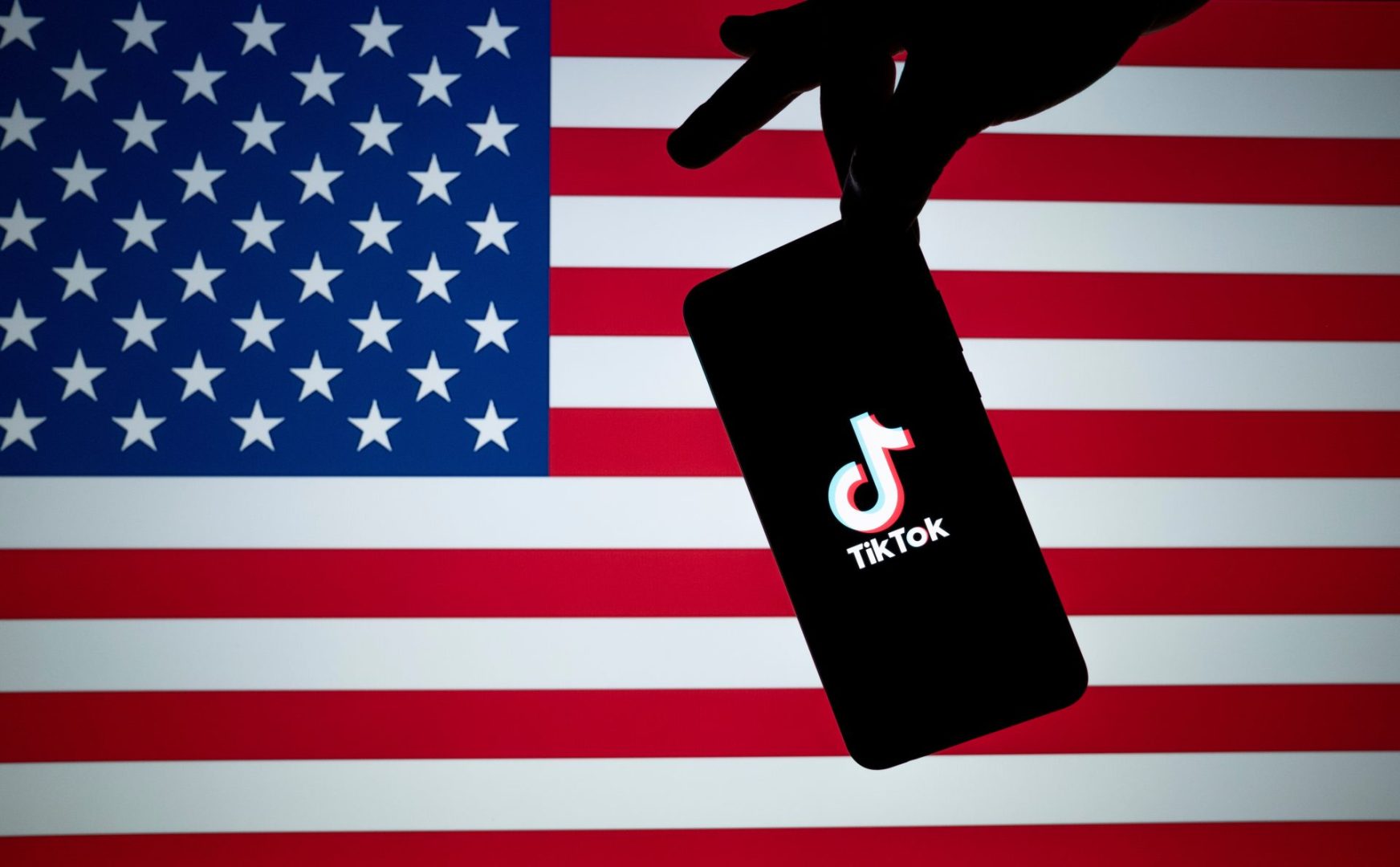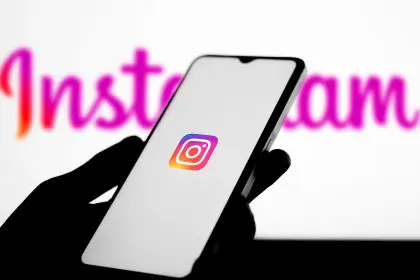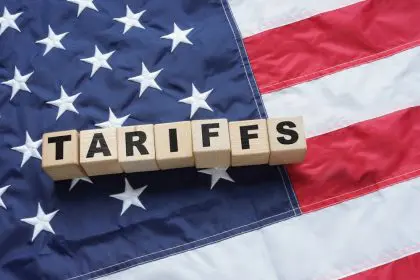TikTok is sounding the alarm about severe economic consequences if a new law forces the platform to shut down on January 19. The social media giant warns that U.S. small businesses and content creators could lose $1.3 billion in revenue and earnings in just the first month of a shutdown. This potential crisis comes at a time when many small businesses are already navigating economic uncertainties and inflation pressures.
What’s at stake for American businesses
Blake Chandlee, TikTok’s president of global business solutions, revealed in a court filing that American small businesses stand to lose more than $1 billion in revenue even if the ban lasts only one month. The platform has become a vital marketing tool for over 7 million U.S. business accounts, with 69% reporting increased sales through TikTok in the past year. Many of these businesses have built their entire marketing strategies around TikTok’s unique algorithm and engagement capabilities.
The creator economy faces a crisis
Nearly two million American creators could see their incomes vanish overnight, with projected losses of $300 million in just one month. For many of these content creators, TikTok represents their primary source of income, and a shutdown could devastate their livelihoods. Single parents, college students, and entrepreneurs who have built sustainable businesses through the platform face particular uncertainty.
TikTok’s surprising economic footprint
The platform’s impact on the U.S. economy extends far beyond individual creators and businesses. In 2023, TikTok’s advertising, marketing, and organic reach contributed $24.2 billion to the U.S. gross domestic product. The company’s own operations added another $8.5 billion, highlighting its significant role in the American economy. These figures represent thousands of jobs, from direct employment to indirect economic benefits for supporting industries.
The legal battle intensifies
TikTok is now seeking help from the federal appeals court to temporarily block the law that would force Apple and Google’s app stores and internet providers to drop support for the platform. The law, signed by President Joe Biden last spring, requires ByteDance, TikTok’s parent company, to divest the app over national security concerns. This legal challenge represents a critical moment for the future of social media regulation in America.
National security vs. economic impact
A three-judge panel from the U.S. Court of Appeals for the District of Columbia Circuit has upheld the law, stating it appropriately addresses national security concerns. The court dismissed ByteDance’s arguments about First Amendment rights violations affecting TikTok’s 170 million U.S. users, citing compelling government evidence. This ruling has sparked debate about balancing national security interests with economic consequences.
Small businesses scramble for alternatives
Local businesses that have thrived on TikTok’s platform are now exploring backup plans. Beauty salons, restaurants, boutique retailers, and service providers who relied on TikTok’s unique ability to drive foot traffic and sales are investigating alternative platforms. However, many report that other social media platforms don’t offer the same organic reach or engagement levels that made TikTok so effective for their marketing efforts.
The digital advertising landscape faces disruption
Marketing agencies and advertisers are bracing for significant changes if the ban takes effect. TikTok’s projected 29% decline in global advertising revenue for 2025 could reshape the entire digital marketing industry. Smaller agencies that specialized in TikTok marketing face particular challenges, with some already reporting canceled contracts from nervous clients.
International implications and market reactions
The potential TikTok ban has sparked concerns among international businesses using the platform to reach American consumers. Foreign companies that have invested heavily in TikTok marketing strategies for the U.S. market are now reassessing their approaches. This uncertainty has already led to some businesses pulling back on their TikTok advertising spend, creating a ripple effect in the global digital economy.
Creator communities prepare for the worst
TikTok’s creator community is taking steps to protect their livelihoods. Many are accelerating efforts to diversify their presence across other platforms, though they report challenges in recreating their TikTok success elsewhere. Some creators have begun organizing support networks and sharing strategies for maintaining their audiences across multiple platforms.
The broader technology sector watches closely
Silicon Valley and the broader technology sector are closely monitoring the situation, recognizing that the outcome could set precedents for future regulation of social media platforms. Industry analysts suggest that other technology companies might face similar scrutiny regarding their international ownership and data practices.
Economic impact on supporting industries
The potential ban affects more than just TikTok and its users. Music labels, which have seen significant success in promoting new artists through TikTok, face losing a crucial promotional channel. Additionally, businesses that provide services to TikTok creators, from photography equipment suppliers to video editing software companies, anticipate significant revenue impacts.
Looking ahead: The future of social commerce
TikTok’s potential shutdown could significantly impact the growing social commerce sector. The platform has been a pioneer in integrating shopping features with social content, and its absence could slow the evolution of social commerce in the U.S. market. Retailers who have invested in TikTok-specific marketing strategies face particular challenges in replicating their success on other platforms.
What this means for the future of digital marketing
The situation raises broader questions about the future of digital marketing and social media platforms in the United States. If TikTok is forced to shut down, it could change how businesses approach social media marketing, potentially leading to more conservative strategies and reduced investment in emerging platforms.
As the January 19 deadline approaches, millions of American businesses, creators, and workers await the outcome of this unprecedented situation. The resolution will not only determine TikTok’s fate but could reshape the entire landscape of social media, digital marketing, and online commerce in the United States.

















